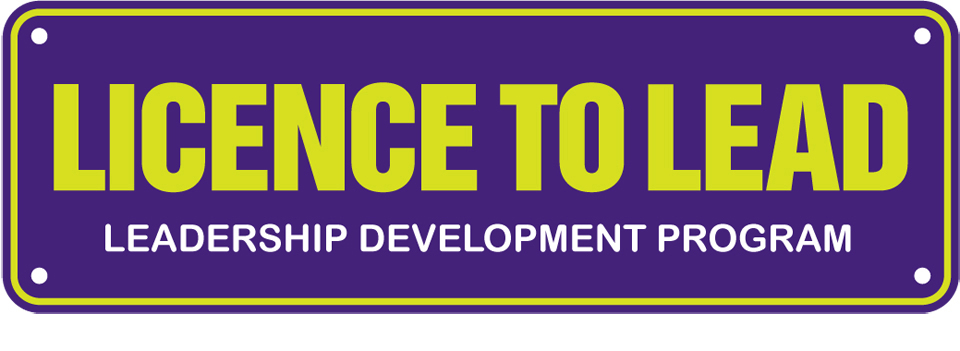TOP 5 TIME MANAGEMENT HACKS EVERYONE SHOULD DO
 Thursday, August 10, 2017 at 12:29AM
Thursday, August 10, 2017 at 12:29AM

It’s a universal problem. Too much to do, not enough time to get it all done. I haven’t met a person who couldn’t be better at managing their time, so here are 5 habits everyone should get into.
1. Slow down to speed up. Schedule an hour where you drop everything and focus on what’s going on. Too often we let ‘chaos’ be our normal, whereas we need to get back into ‘control’. Brain dump everything onto a clean sheet of paper – every deadline, tasks, meeting, detail so it is all real and in front of you. You should feel calmer already.
2. Use a system. It might be as simple as a list, better still a prioritized list. Even better, schedule the highest priorities into your calendar so you can commit to when you will complete them.
3. Be disciplined. Once a week, review steps 1 and 2. This works well on a Friday afternoon as it sets the next week up for success.
4. Decide on ‘Three Things Today’. Take a Post-it note. List the three things that you simply MUST get done that day. It will serve as a reminder when you get distracted.
5. Say ‘No’ more often. We have to accept that we simply can’t get everything done. We need to discern what are the essential, high priority tasks and work on those first. This will require us to say ‘No’ to other tasks. Better to say ‘No’ than to say ‘Yes’ and let people down.
Bonus tip for leaders: Hands up who’s got too much time on their hands? I thought so. You see, when we are time poor, the operational stuff that screams at us becomes the priority. The ‘non urgent leadership stuff’ often gets put on the back burner. Months pass by and before we know it the culture and the level of engagement have turned. We need to make time to lead!




